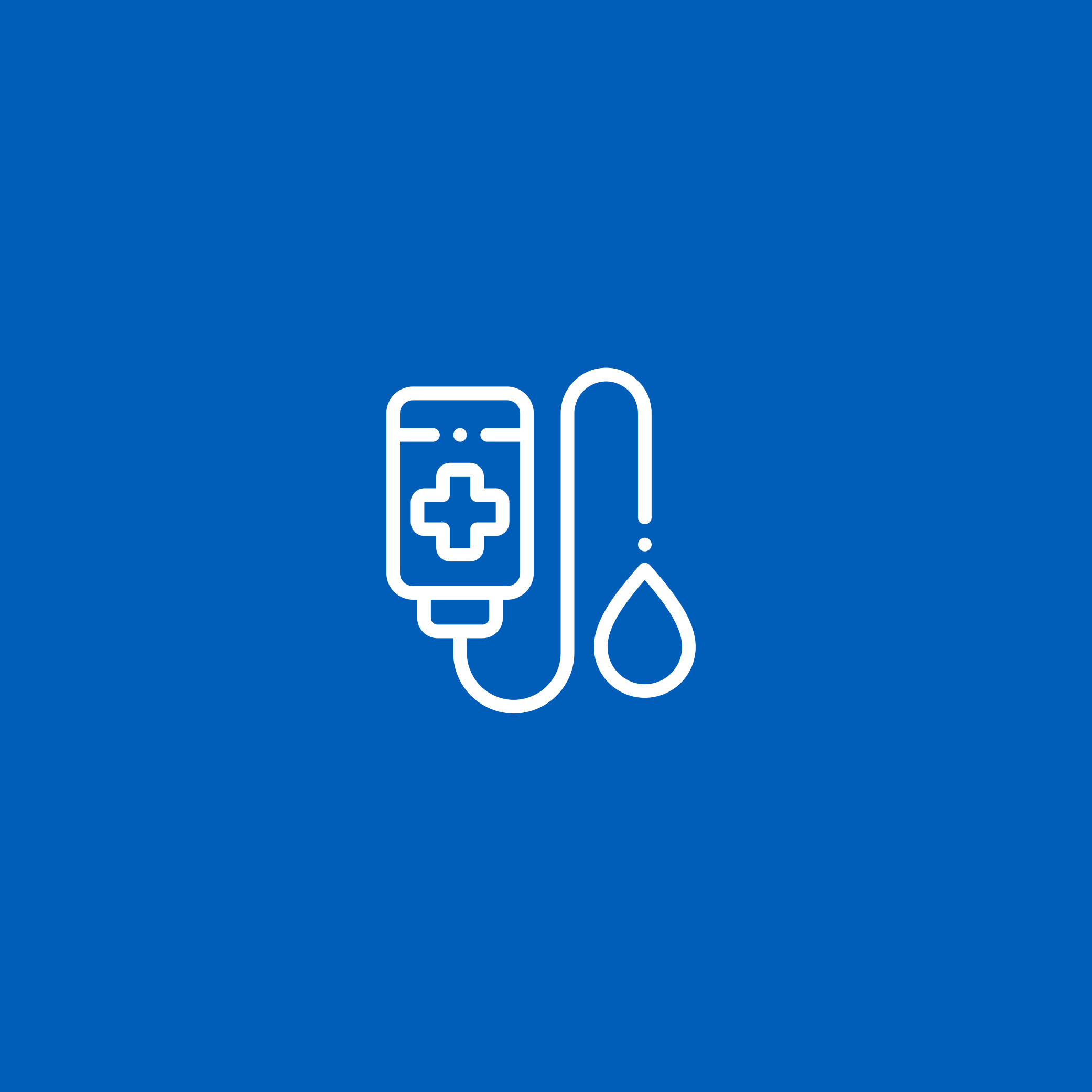We are an integrated specialist service for the diagnosis, treatment, and follow-up of patients with thrombotic thrombocytopenia purpura (TTP) and atypical haemolytic uraemic syndrome (aHUS).
Thrombotic means small clots in the blood vessels.
Thrombocytopenia means reduced number of platelets in the blood (platelets help the blood to clot).
Purpura means bleeding in the skin causing purple spots or ‘pinprick’ rash.
The TTP service is one of nine specialist regional centres and one of 11 participating hospitals commissioned by NHS England to provide specialist treatment for TTP.
TTP is an exceedingly rare and complex condition which can present as an acute life-threatening disorder requiring prompt diagnosis, early referral and effective immediate treatment led by a specialist in the condition. TTP can reoccur in some people, therefore ongoing surveillance with the specialist service is essential in managing these episodes in a timely fashion.
aHUS is an ultra-rare disease caused by a fault in the complement system. The complement system is part of your body’s immune response that attacks bugs. The most affected organ is the kidney, but all organs can be affected and left untreated it can be a life-threatening illness.
More information
Acute referrals
We provide advice and support to other hospitals in the region when caring for patients with thrombotic microangiopathy. Clinicians can access acute clinical advice and make emergency referrals by contacting the Haematology Registrar or Consultant on-call through the Royal Liverpool Switchboard (0151 706 2000).
Referrals from primary care (GPs, pharmacy etc.)
Referrals from colleagues in primary care must be sent through the Haematology Referral Assessment Service (RAS) available on the NHS e-referrals system. Referrals will be triaged by a clinical member of the team, and allocated to an appropriate clinic. If you are referred to this service you will be contacted with an offer of an appointment following this.
In some circumstances, we will contact you to have further investigations (such as blood tests) following the referral. In these circumstances you may be discharged with advice without being seen or may be booked into a clinic for review.
Referrals from other specialists
Referrals are received by letter from colleagues within the Trust or other providers (for example other Haematology teams) are reviewed by a clinician before allocating to the most appropriate clinic for you to attend an appointment.
-
Royal Liverpool University Hospital
Address: Royal Liverpool University Hospital
Prescot Street
Liverpool
Merseyside
L7 8XPFor maps and other information visit our Getting Here page for Royal Liverpool University Hospital
Outpatient Clinics
Royal Liverpool University Hospital Outpatients Department
Day case
Haematology Ambulatory Unit, Ward 1D, Royal Liverpool University Hospital




